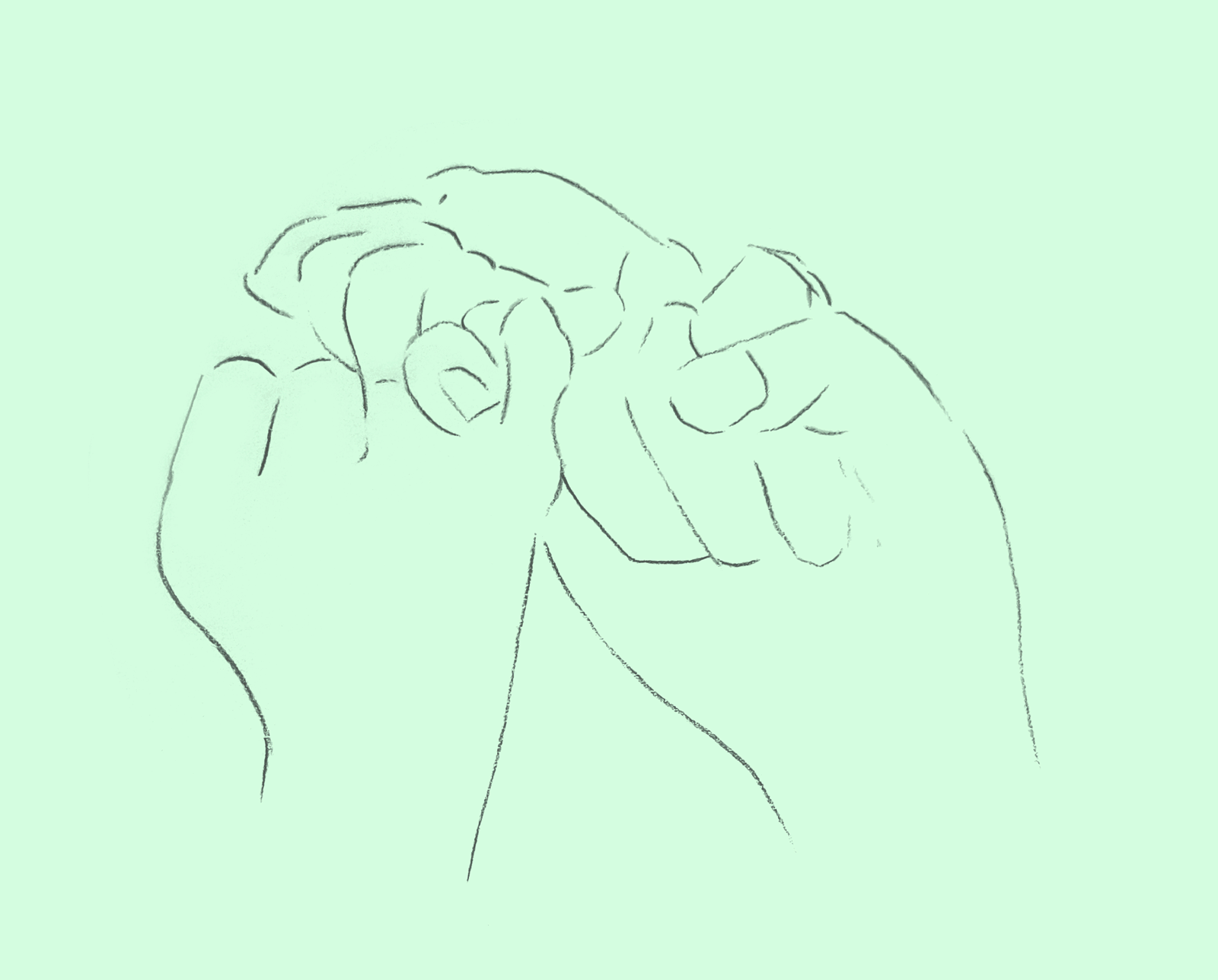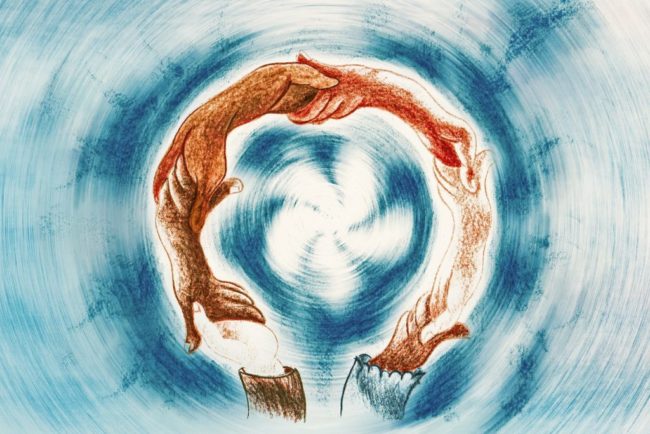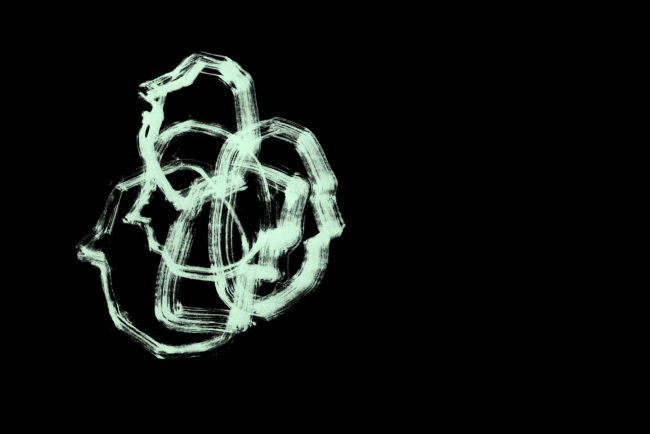Solidarity as a revolution from communication
Today the relationship that human beings establish with the world is marked by alienation and reification, as the German sociologist Hartmut Rosa states, that is to say, there are no links but competition and, therefore, life is perceived as hostile. Faced with this panorama, small resistances emerge that seek to establish valuable and meaningful connections between human beings and one of them, perhaps the most powerful to confront this state of affairs, is solidarity.
And although this term has been defined from different points of view, some even critical of the interpretations it may have in some sectors (paternalism, manipulation, division of labor), there is a definition that underpins what we at More Of Us mean when we put this theme at the center of our first edition: action with others and for others.
We arrived at this definition after seeing how the work to build a digital and transnational platform has developed. The first thing that led us to this initiative in which solidarity is key, was the understanding of the importance of collective work, in which the action of each member begins voluntarily, intentionally and with a deep desire not to impose opinions or ways of doing, but to listen actively and, of course, understanding that this relationship must be a two-way street, that is, in which each one gives but also receives. The starting point, then, is reciprocity.
Here it is also emphasized that solidarity implies recognition and being sensitive to situations that are perceived as problematic and unjust, so empathy is key. Therefore, solidarity actions are based on the conviction that such situations concern us all as human beings and that, therefore, the struggle must be collective. Thus, one of the first ways to act is not to act alone, but to strengthen social ties, through exchange and interaction, thinking about increasing the welfare of others, of everyone.
Another of the fundamental characteristics of solidarity within More Of Us is that it starts from a common objective and that is what makes it possible to work beyond the differences or particularities of each participant and, in addition, opens the way to consolidate a process over time. In this way, actions with others and for others become a network where understanding, work and experiences are woven in order to form a translocal community of communication.
This last idea is developed by the communicologist Jesús Galindo Cáceres, who suggests that our current efforts, especially from the social point of view, must join forces to transcend the information society and create a communication community, that is, where there are peer networks that are built in diversity and always seeking coexistence in horizontal ways. This seems utopian, but for the Mexican author it is feasible taking into account the possibilities of the Internet and virtuality, as open systems that allow linking to the outside, which have a great curiosity for the different and distant, a vocation for the multiple and diverse.
For this reason, even if contact is not a fact and people work without seeing each other, without ever having met in a specific place, solidarity is possible and must start from communication, even when interaction always happens at a distance. This is the reason for a platform like More Of Us, in which communication is not only an emerging need, but a lifestyle, a worldview, and, as Galindo Cáceres would say, "the heart of sociability".
We assume that for reciprocity to exist, interaction is key (not the mere transmission of information), one that happens beyond the bubble in which each one lives and therefore a translocal platform in which these resistances take place from their diverse languages, grammars, relationships and meanings, which amplify the messages aimed at rejecting injustice, denouncing abuses and creating collectively.
We believe in solidarity and in the engine of communication to enable relationships, as long as this word is understood from its roots, that is, as "to put in common", "to be in communion with another". That is what we hope will happen with More Of Us.
Carolina Campuzano, member of More of Us
Carolina Campuzano is a social communicator and journalist with a master's degree in Humanistic Studies. She is a university professor in the areas of communication and education at the Universidad Pontificia Bolivariana and a communicator for the Casa Tres Patios Foundation.










































